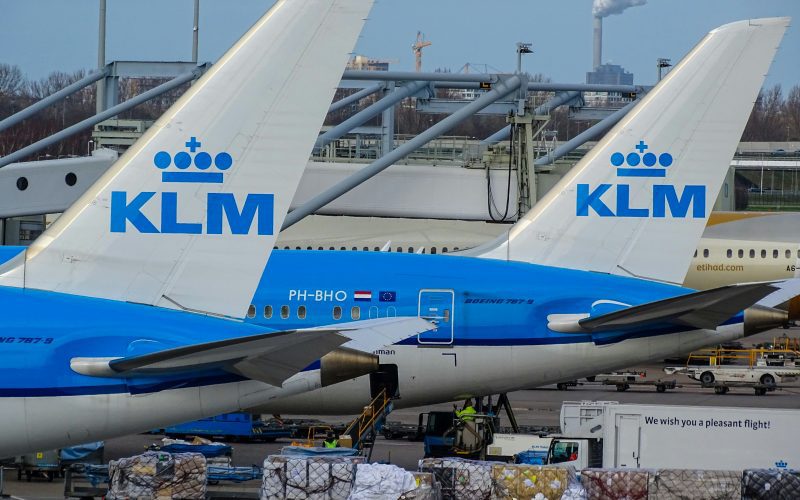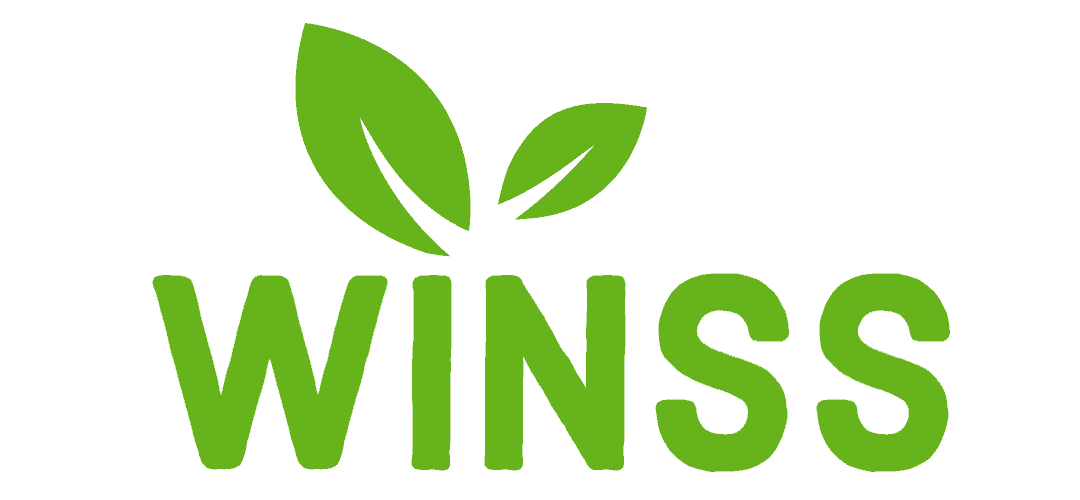

KLM has cut down on food waste on its flights by adopting artificial intelligence. The airline uses AI to enhance its ability to predict the actual number of passengers boarding a flight, thus calculating the necessary meals more accurately. This method has enabled KLM to reduce food waste by up to 63 percent, based on the expected passenger count per flight, saving over 100,000 kilograms of meals annually.
“Digital technology investments are pivotal at KLM. Employing artificial intelligence significantly enhances and sustains our flight operations. Our efforts against food waste exemplify this, preventing the waste of tens of thousands of meals on our flights each year,” Marjan Rintel, CEO of KLM, explains.
KLM notes no-show rate of 3 to 5 percent
KLM employs artificial intelligence to accurately estimate the number of onboard meals, tackling food waste effectively. Recognizing that not every booking leads to a passenger boarding a KLM flight, the airline notes a no-show rate of 3 to 5 percent among booked passengers, varying by class.
The airline introduced TRAYS, its latest AI model, as the inaugural model devised specifically for its catering operations. TRAYS leverages historical data to forecast passenger counts, interfacing with the Meals On Board System (MOBS) to deliver flight-specific passenger estimates, including detailed forecasts for Business, Premium Comfort, and Economy classes. This forecasting begins 17 days before departure and extends until 20 minutes prior to takeoff, optimizing the catering process from procurement to loading and minimizing meal surplus.
Launched through the Kickstart AI initiative, TRAYS embodies the collaborative effort of top companies, including KLM, bol.com, Ahold Delhaize, NS, and ING, focusing on this model’s development.
“We’re thrilled to contribute significantly to KLM’s important project. Kickstart AI aims to fast-track AI adoption within the Dutch corporate sector, and we’re eager to collaborate closely with Dutch firms to achieve this,” states Sander Stomph, CEO and co-founder of Kickstart AI.
63 percent reduction in food waste
An analysis over three months revealed a 63 percent reduction in food waste compared to preparing meals for every booked passenger, with the largest improvement observed on intercontinental flights departing from Schiphol. Here, flights save an average of 2.5 meals (1.3 kilograms) per journey. This initiative results in an annual saving of 111,000 kilograms of meals across all KLM flights catered from Schiphol.
Beyond catering, KLM is incorporating artificial intelligence across its operations, including smarter aircraft maintenance. AI also plays a crucial role in simulating weather disruptions to plan flight schedules proactively and in providing personalized travel advice to customers after they book their flights.
